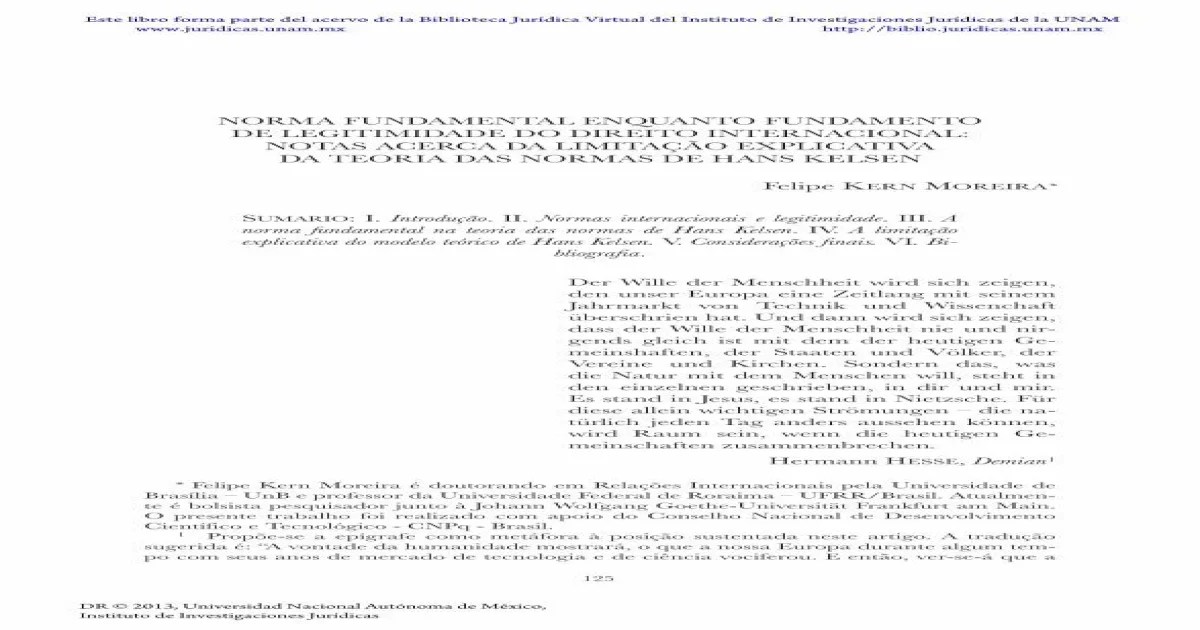Austin the province of jurisprudence determined – Austin’s “The Province of Jurisprudence Determined” is a seminal work that laid the foundation for modern analytical jurisprudence. This article delves into the historical context, key principles, criticisms, and enduring influence of Austin’s theory of law.
John Austin, an English jurist, sought to establish a scientific and systematic understanding of law. His book, published in 1832, provided a comprehensive framework for analyzing legal concepts and institutions.
Historical Context of “Austin the Province of Jurisprudence Determined”
John Austin (1790-1859) was a prominent English jurist who made significant contributions to the development of jurisprudence. His seminal work, “The Province of Jurisprudence Determined,” published in 1832, is considered a foundational text in legal theory and has had a profound influence on legal scholarship.
Austin’s theory of law, known as “Austinian jurisprudence,” emphasized the importance of sovereignty and sanctions in defining the nature of law. He argued that law is a command issued by a sovereign, backed by the threat of a sanction if disobeyed.
Austin’s theory provided a rigorous and systematic framework for understanding the nature of law and its relationship to the state.
Austin’s Theory of Law

Austin defined law as “a command, or a set of commands, proceeding from a sovereign, and visited with an evil in case it is disobeyed.” According to Austin, the key elements of a law are:
- A sovereign: The authority that issues the command and has the power to enforce it.
- A command: A clear and unambiguous expression of the sovereign’s will.
- A sanction: A consequence that will be imposed if the command is disobeyed.
Austin’s theory of law has implications for understanding the nature of law and its relationship to morality and justice. He argued that law is not necessarily just or moral, but rather is whatever the sovereign commands.
Criticisms of Austin’s Theory
Austin’s theory of law has been subject to various criticisms, including:
- It is too narrow and fails to account for the diversity of legal systems.
- It overemphasizes the role of the state and ignores the role of custom and social norms in the development of law.
- It is too formalistic and does not consider the purpose or intent behind laws.
Despite these criticisms, Austin’s theory of law remains an influential force in legal scholarship and has provided a foundation for subsequent theories of law.
Legacy and Influence of Austin’s Theory: Austin The Province Of Jurisprudence Determined
Austin’s theory of law has had a profound influence on the development of legal systems and legal thought. His emphasis on sovereignty and sanctions has shaped the way that legal systems are structured and the way that laws are enforced.
Austin’s theory has also been influential in the development of legal positivism, a school of thought that emphasizes the separation of law from morality and the importance of empirical observation in the study of law.
Austin’s theory remains an important and influential force in jurisprudence, providing a rigorous and systematic framework for understanding the nature of law and its relationship to the state.
Common Queries
What is Austin’s definition of law?
According to Austin, law is a command issued by a sovereign, backed by the threat of sanction.
What are the key criticisms of Austin’s theory?
Critics argue that Austin’s theory is overly simplistic, ignores the role of morality in law, and fails to account for the diversity of legal systems.
How has Austin’s theory influenced legal thought?
Austin’s theory has provided a foundation for legal positivism, which emphasizes the separation of law from morality and the importance of legal rules.